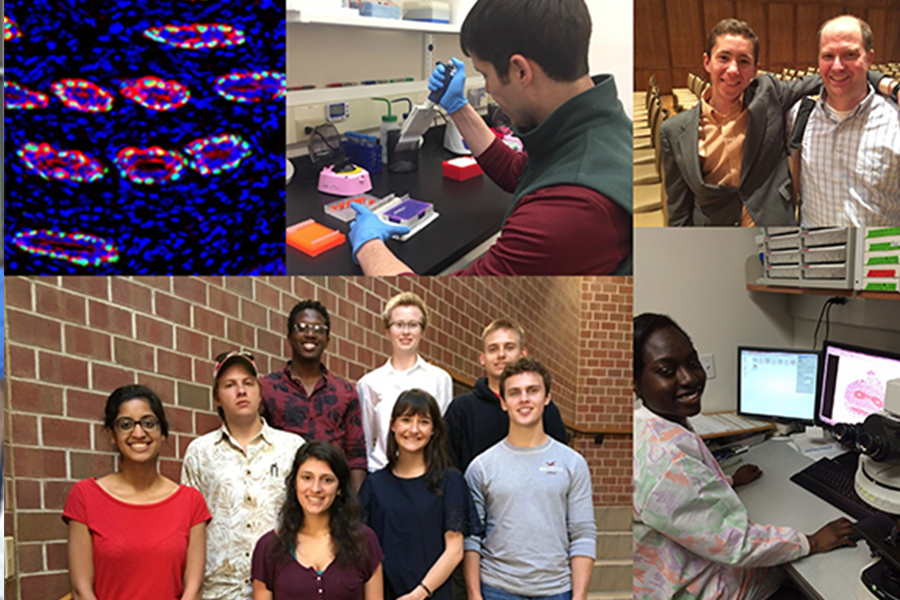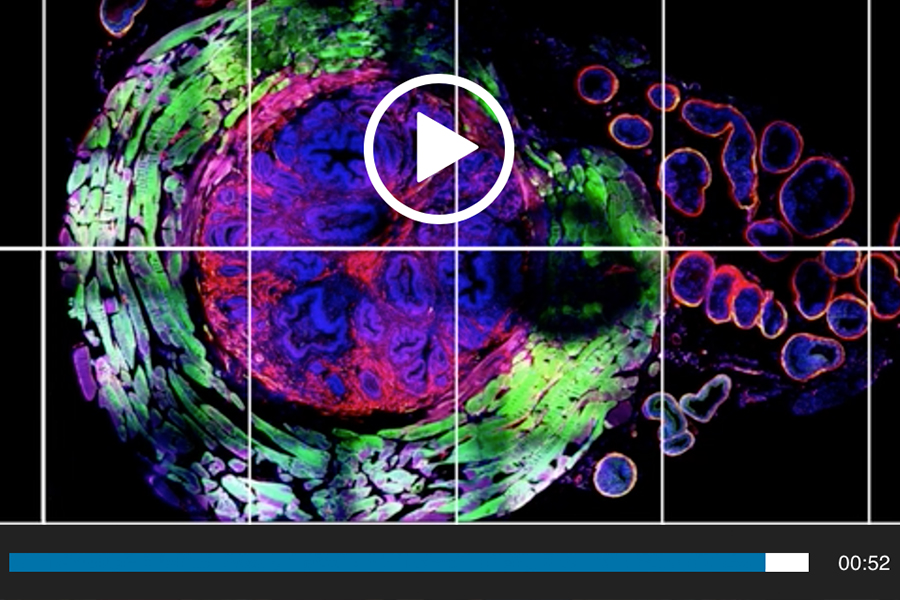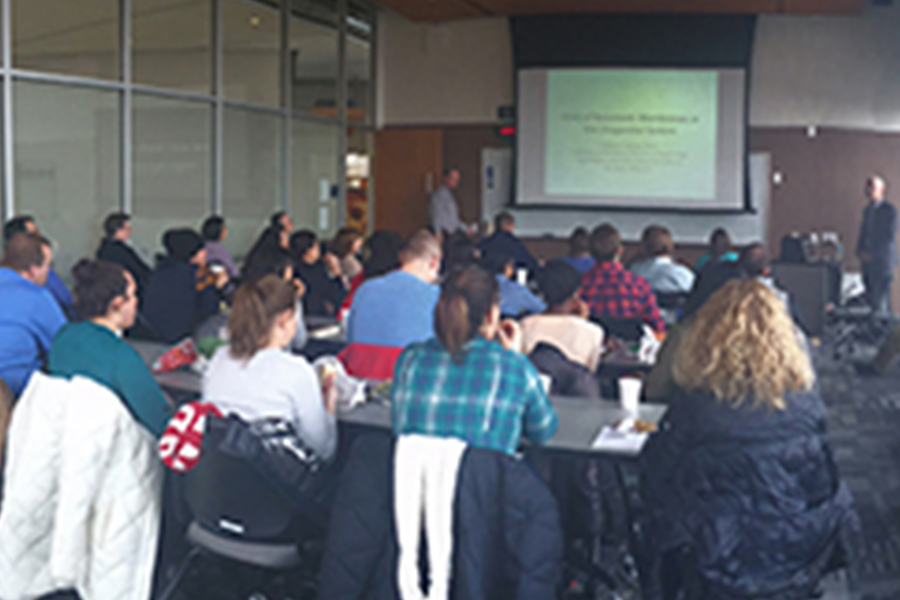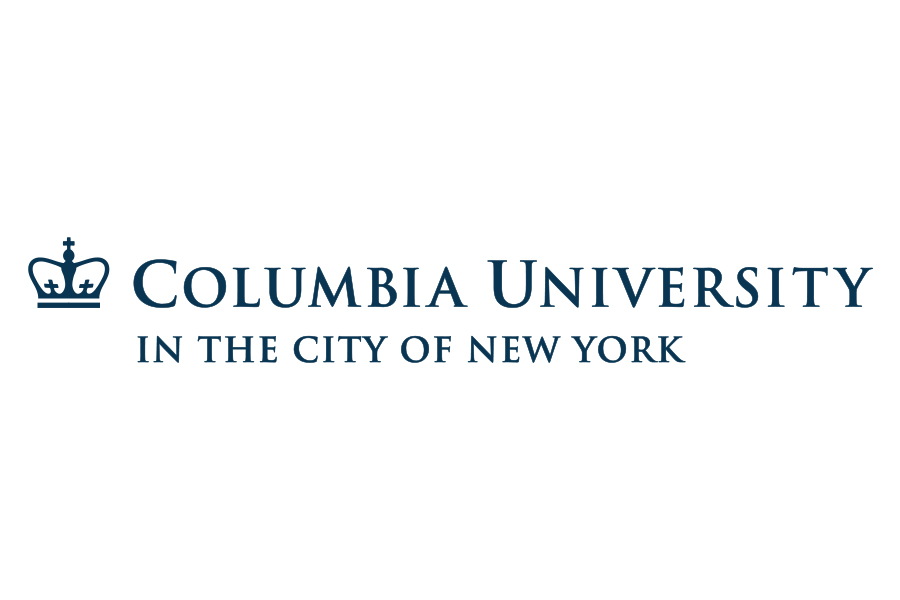![]()
Research undertaken at the UW-Madison George M. O’Brien Center for Benign Urology Research is dedicated to improving urologic health in aging men. The center is a multi-site research cooperative between the University of Wisconsin-Madison, University of Massachusetts-Boston, University of Texas-Southwestern, and the National Institutes of Health (NIH).
Current Projects
In addition to building research tools and improving technology for benign urology research, the U54 O’Brien Center for Benign Urologic Research also supports basic science and translational research.
Resources for Researchers
The U54 O'Brien Center for Benign Urologic Research provides funding opportunities, technical resources, and protocols for researchers.
Seminars and Events
Visit our Seminars and Events page for a full list of upcoming and past seminars and events hosted by the O'Brien Center.
MISSION
The O’Brien Centers were established by the NIDDK in 1987 as P50 programs and worked independently. They were converted to the U54 mechanism in 2012 to encourage collaboration between funded centers and sharing with the larger research community with the following mission:
- Support the next generation of urologic researchers by providing meaningful education, support, and mentoring
- Cultivate new research tools and ideas by expanding the collaborative network within and outside of the traditional urologic research field
- Enhance knowledge of mechanisms associated with normal development, function, and disease pathology related to the urinary tract, kidney, and prostate
- Translate knowledge and tools generated from our collaborations to the clinical setting to reduce the burden of benign urologic illness by developing and testing therapies to better treat, manage, and prevent these diseases
GOALS
The goals of the O’Brien Center are to:
- Identify factors that cause urinary dysfunction in aging men
- Build consensus around research approaches to model urinary dysfunction in rodents
- Provide opportunities for established investigators to transition into the field of benign urology
- Secure the future of urologic research by promoting development of the next generation of urologic researchers
- Disseminate urologic research knowledge through seminars, workshops and symposia
OTHER U54 O’BRIEN CENTERS FOR BENIGN UROLOGY RESEARCH
Columbia University George M. O’Brien Urology Center
The Columbia University O’Brien Urology Center brings together research programs in Human Genetics and Mouse models to address the causes of congenital urinary tract malformations.
University of Pittsburgh O’Brien Urology Research Center
The University of Pittsburgh O'Brien Urology Research Center's mission is to identify new targets for developing novel preventative & therapeutic treatment approaches for BPH.
Latest News
Lori Uttech-Hanson joins O’Brien Center as Clinical Research Center Administrator
On July 10, 2023, Lori Uttech-Hanson came on board as the O’Brien Center’s Clinical Research Center Administrator with a part-time role on the CAIRIBU Interactions Core. Before joining the team, Lori served as the Director …
August 25, 2023Project 1 Co-I Dr. Diego Hernando Awarded Vilas Faculty Early-Career Investigator Award
Congratulations to Dr. Diego Hernando (UW O’Brien Center Project 1 Co-Investigator & Director of Quantitative Body MR in the UW Departments of Radiology and Medical Physics) for being awarded a UW-Madison Vilas Faculty Early-Career Investigator …
April 10, 2023Project 1 Co-I Dr. Diego Hernando Awarded OVCRGE Fall Competition Grant
Congratulations to Dr. Diego Hernando (UW O’Brien Center Project 1 Co-Investigator & Director of Quantitative Body MR in the UW Departments of Radiology and Medical Physics) for being awarded a UW-Madison Office of the Vice …
April 10, 2023Hernando Lab PhD Candidate Ruiqi Geng a Finalist for the ISMRM Young Investigator Award
Congratulations to Ruiqi Geng, PhD Candidate in the laboratory of Dr. Diego Hernando (UW O’Brien Center Project 1 Co-Investigator & Director of Quantitative Body MR in the UW Departments of Radiology and Medical Physics) for …
April 10, 2023Dr. William Ricke presents at 2023 CUMC Symposium
Dr. William Ricke (UW O’Brien Center Director) presented “Identifying New Cellular and Molecular Targets for the Medical Treatment of BPH/LUTS” at this year’s Columbia O’Brien Center Symposium in New York, NY. Great work, Dr. Ricke!
April 10, 2023- More News










